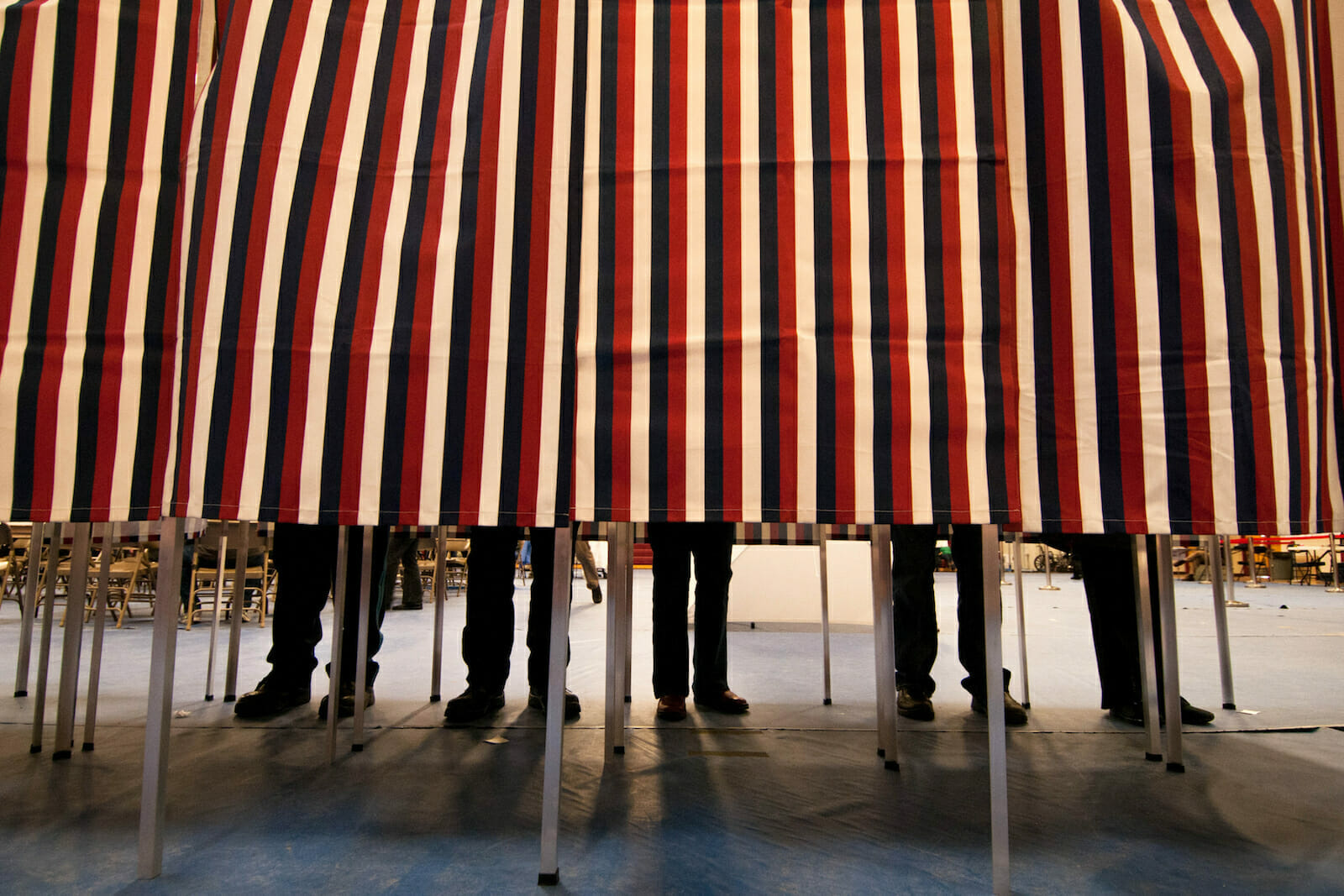
Politics
We Still Vote Like it’s 1916. That Needs to Change.
This election cycle has exposed a great deal of concern. Although much of the handwringing has surrounded the candidates themselves and their lack of general appeal, there are some major concerns beyond that about the overall effectiveness of our democracy. As the primary season unfolded, many issues have been raised as to the validity of the process due to manipulation and practices that estranged voters. Eventually, Bernie Sanders conceded the nomination to Hillary Clinton on the democratic side, but his supporters are unconvinced that he lost in a fair process.
Regardless of the actual merits of the outcome there is an obvious question in today’s world: Why are we still conducting our elections this way?
When the United States was a fledgling democracy it was only a fraction of its current size, yet it was an enormous landmass compared to European countries. The means of travel, horse and carriage, was slow and that made a representative government an ideal choice for a democracy.
Communities sent representatives to Washington DC who were in touch with the local population. Currently, however, we don’t travel by horse and we have amazing technology that allows us to all cast our votes instantaneously, making the representative government antiquated, slow, unrepresentative and frustrating.
The process to elect these representatives is also antiquated. Standing in line for hours to punch a ballot makes no sense when we have the technology at our fingertips to login from anywhere, vote and be done in minutes. This would improve participation and we could use modern encryption technology, like the block chain, to insure security. The devices necessary, a smartphone or computer, are ubiquitous. In the US, smartphones have reached saturation and computers can be accessed in homes, and libraries for those few without smartphones.
But we don’t take advantage of this. We use smartphones for everything from moving our money to checking our medical records, yet voting isn’t even on the horizon as an expected application of smartphones in the foreseeable future. The probable reason for this is that those who are in power like to stay in power and our current system makes real change difficult, thus creating job security for politicians.
But there is new energy among the electorate and we must tap into that. We must not merely try to vote for the best candidates, but we must become the candidates and demand that the legacy infrastructure evolve.
When we do this, we exercise power and leverage. If we are simply content to operate outside of the system and complain, the powers that be will ignore and suppress the voices of opposition.
And remember, every time you hear that change is a pipedream or some other form of dismissive rhetoric, those sentiments are designed to suppress enthusiasm and participation. And this election cycle has shown that our voices can be heard, even if it is through decentralized and distributed media like Twitter and Facebook. Social media has shown that change can happen and this election has shown the importance of showing. When we show up and demand more than incremental adjustments to a broken system, eventually we will get results.
As frustrated as the youth are at the outcome of the primary season, it is important to realize this is the beginning and an opportunity, not the end. If we unite, continue and demand, then the powers have little choice but to change. But if we all just complain that the game is rigged and abandon the fight, politics as usual will prevail. The good thing is that we have the ability to offer solutions. With the saturation of smartphones, internet and access in our country and the growing outrage over our process, we have an opportunity. But we must capitalize on the current climate or squander the energy that has been created.

